Customers are more likely to buy things when they feel confident about the purchase, and educating them is one way to reassure them about buying your product.
Three Brothers Wineries and Estates in Geneva, New York is set up to be a Finger Lakes destination, with tasting rooms on site that represent three distinct brands as well as War Horse Brewing Company. Like many upstate New York wineries it’s especially proud of its Riesling and has set up its portfolio using that varietal with names and labeling that let consumers know exactly what they’re buying.
“Everyone needs to know that the Finger Lakes is making world-class Riesling in a variety of styles from dry to sweet,” said co-owner and head winemaker Justin Paolicelli. “The varietal isn’t always made on the sweet side. A lot of people’s experience with Riesling is with sweeter styles, and Three Brothers has set up its 4 Degrees of Riesling program to make it easier for the consumer to distinguish whether they’re opening a dry or a sweet Riesling.”
Tasting notes, winemaking goals and residual sugar measurements are shared with the potential customer. The wines in the 4 Degrees of Riesling program include:
- Zero Degree Riesling, which has .3% residual sugar. The goal shared with the customer is that it is a dry, austere Riesling that reflects the Finger Lakes vintage.
- First Degree Riesling, which has 1.3% residual sugar. This is an off-dry Riesling that reflects the vintage but balances the acidity with some sweetness.
- Second Degree Riesling, which has 2.2% residual sugar and balances the acidity with sweetness and a plush mouthfeel.
- Third Degree Riesling, which at 4.5% residual sugar balances bright acidity with pronounced fruit.
“We’ve always had the philosophy that we need to have something for everyone who visits the estate,” Paolicelli said. “It’s very hard to hang our hat on only our dry products. A lot of wineries in the region that just start out making dry wines end up putting one or two sweet wines on the menu because, at the end of the day, that’s what people [sometimes] walk out with.”
The labeling and the way Three Brothers’ Riesling program is set up help sell the wine, but tasting room staff is also essential to making sure people buy wine and take it home.
“We all joke that we can make the best product that wins a gold medal, but selling it comes down to a part-time employee,” Paolicelli said. “If customers don’t try something, they won’t buy it.”
Management and marketing works to curate tasting room experiences and menus to maximize a customer’s time and attention and also has an option for seated tastings with individual servers.
“We gage what a customer is looking for by having the server ask them simply whether they like dry or sweet wines,” Paolicelli said. “In almost all of our tasting rooms [on the estate] we can offer them 80% of what they like and let them try 20% of the other and see if we can expand their horizons.”

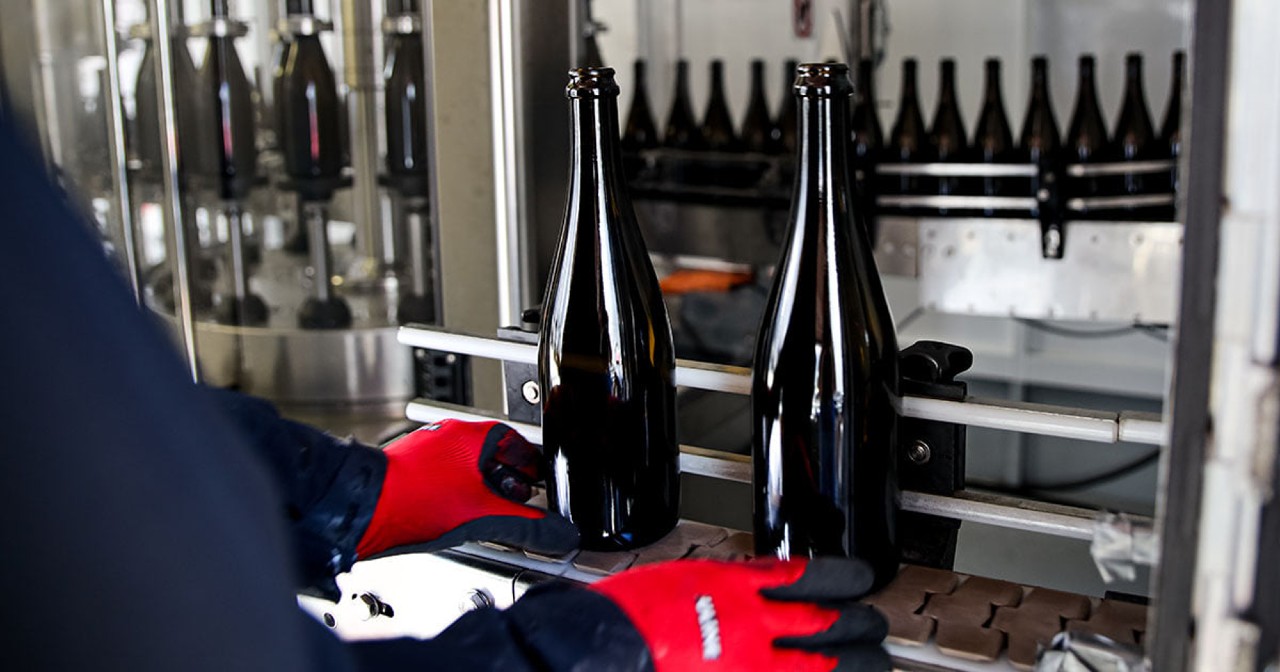
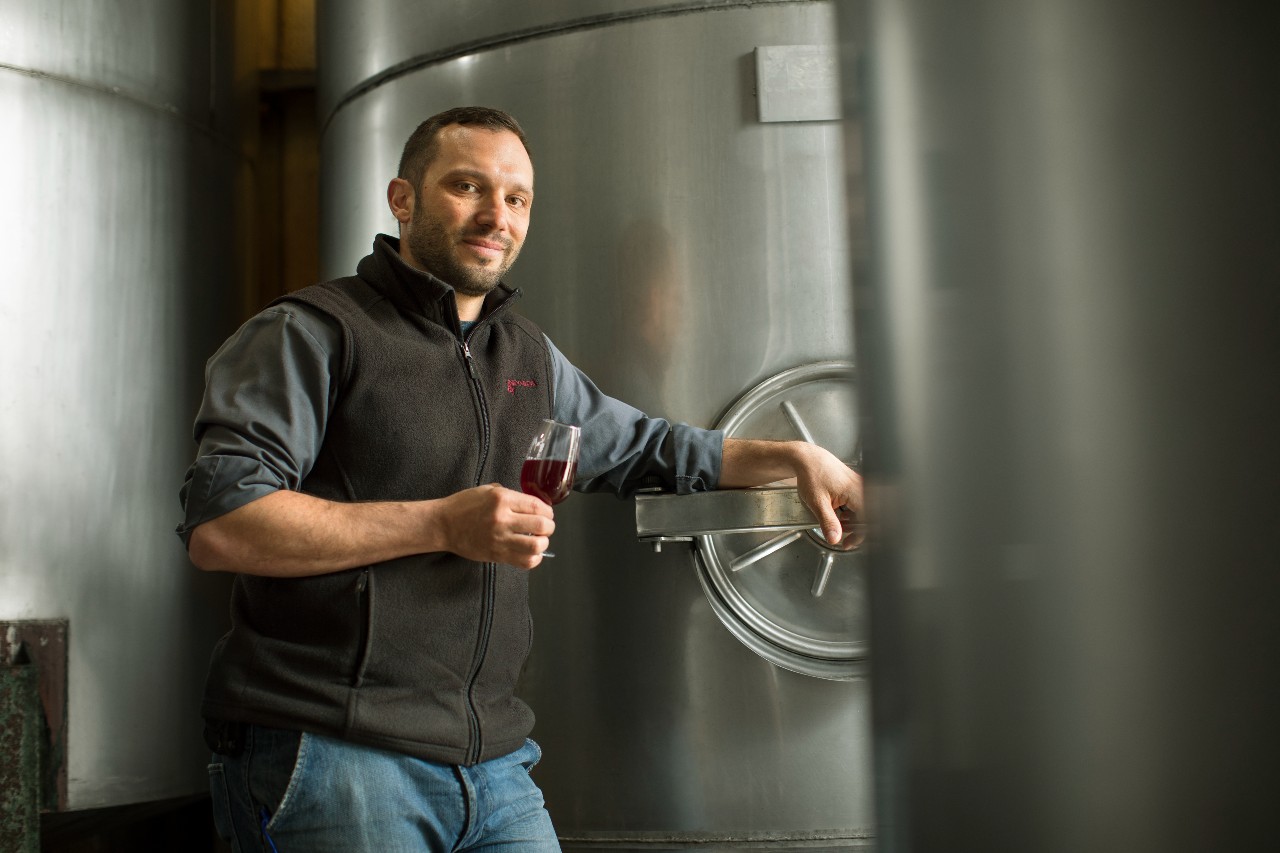
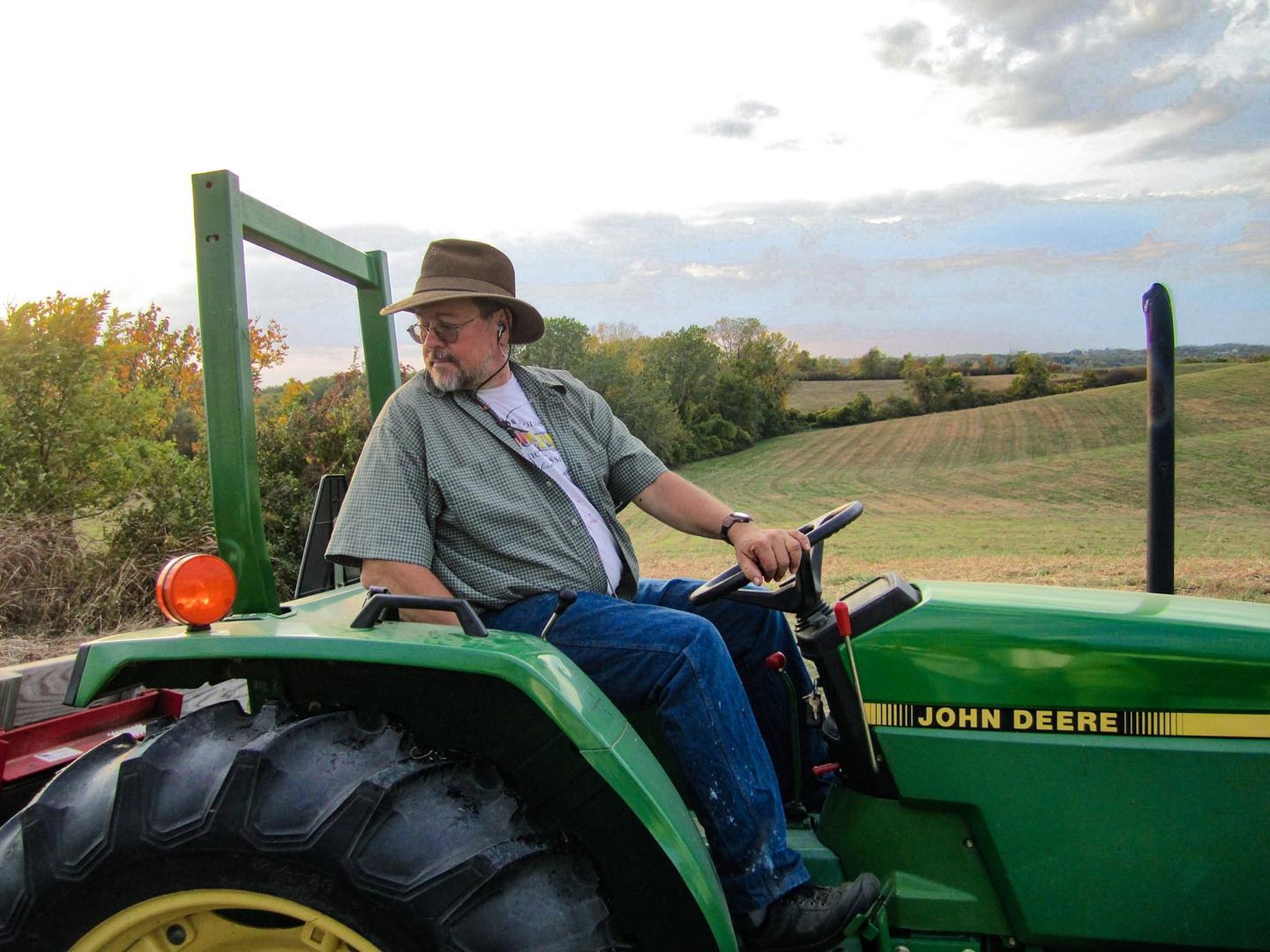
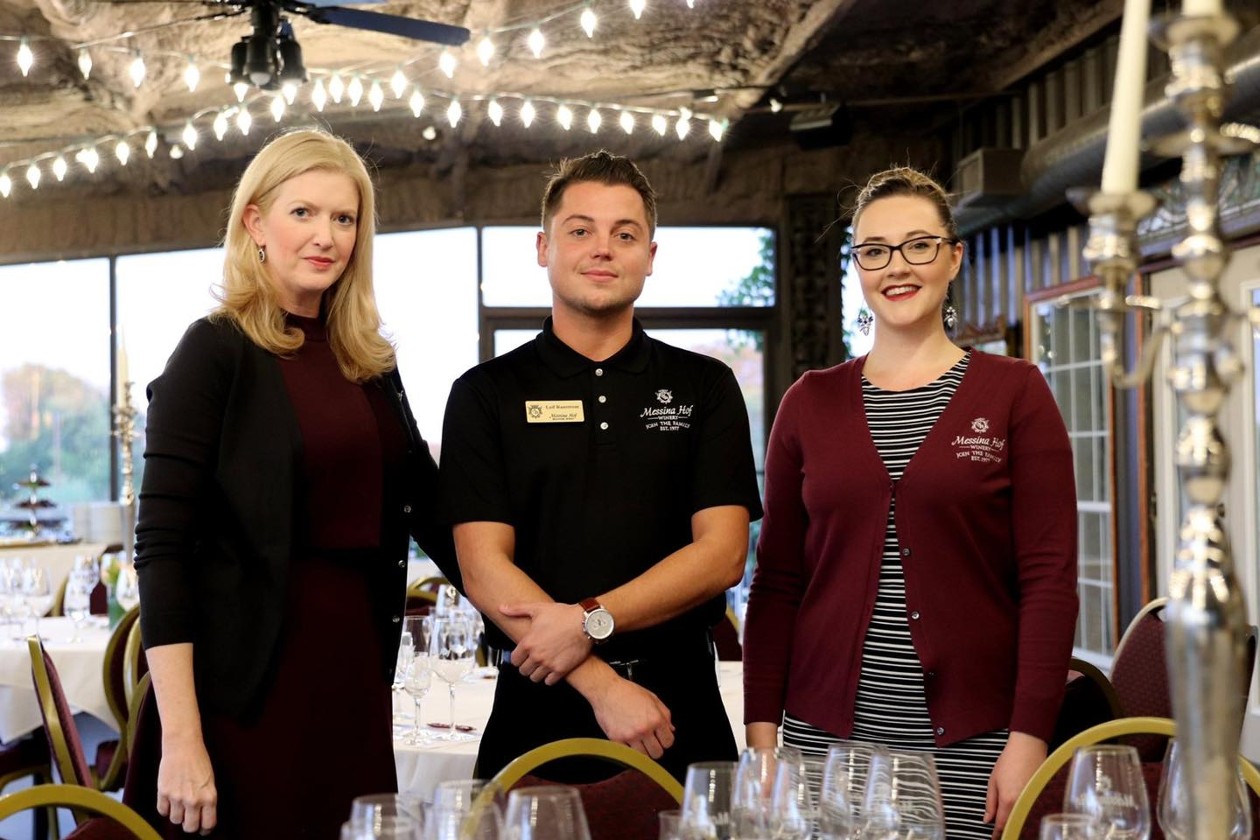
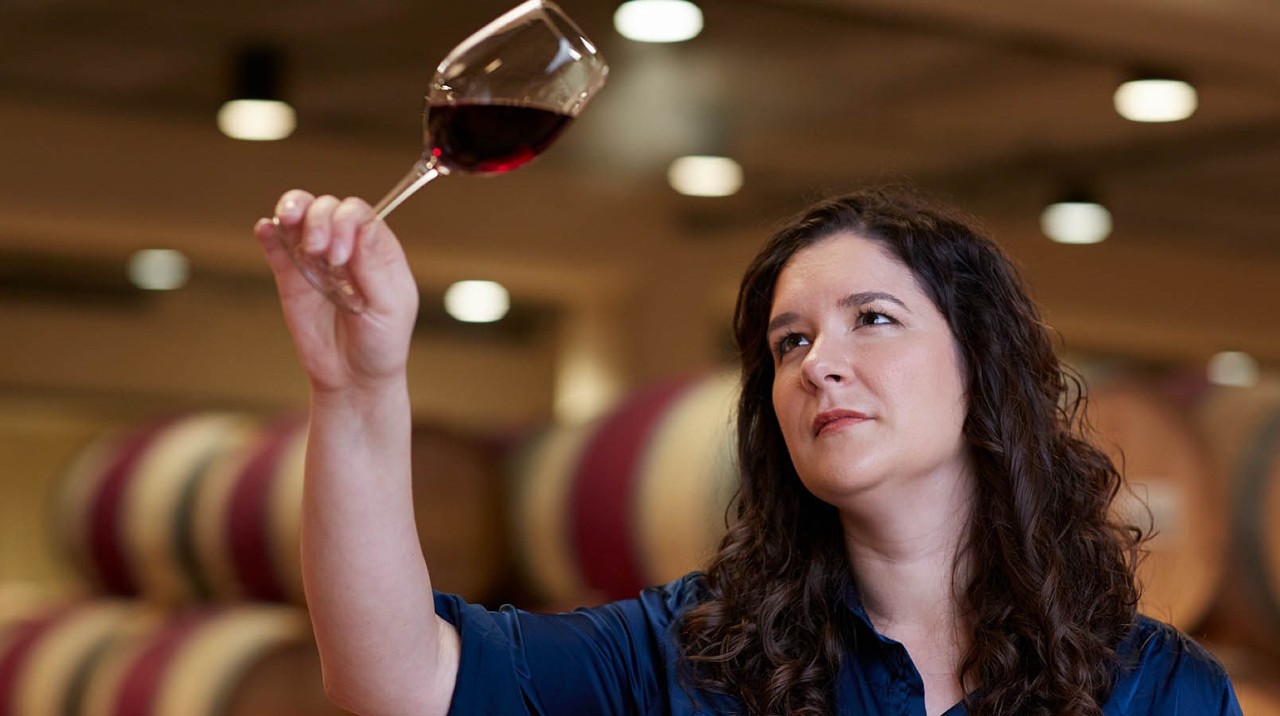


Be the first to comment